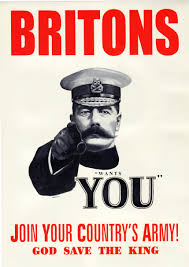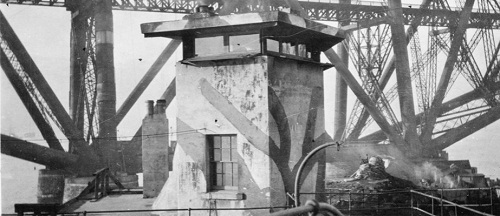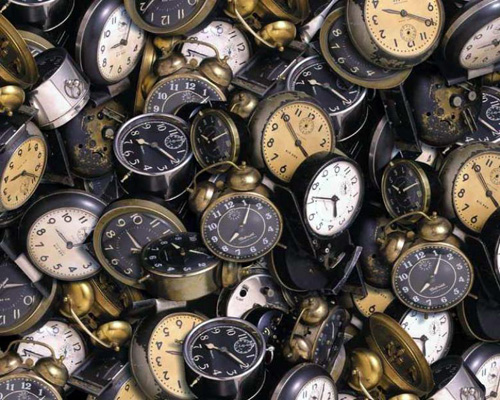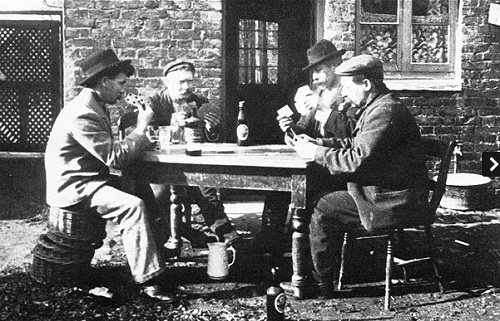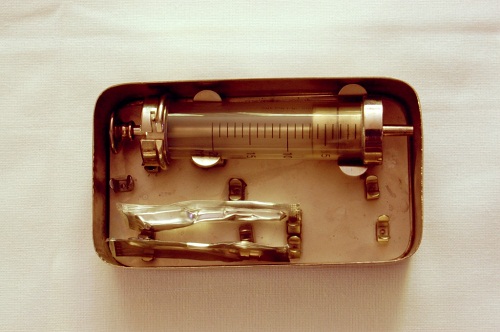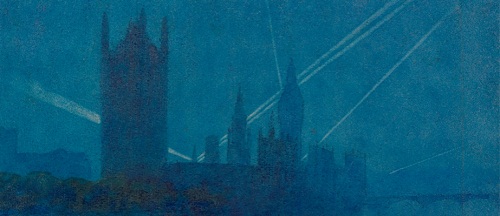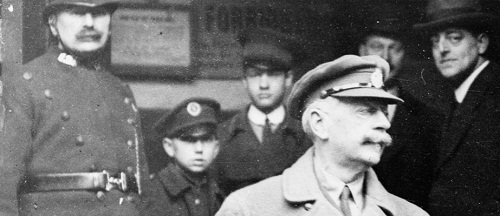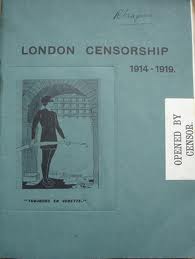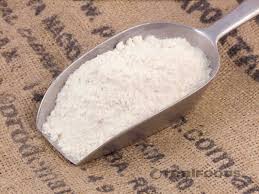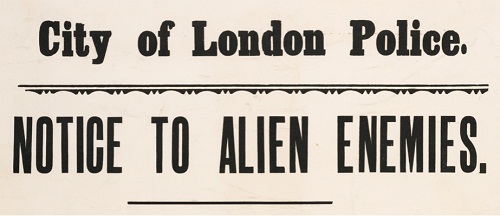Wars could bring about a number of surprises and the ten laws below, passed during WWI with some still in effect in Britain up to this day, are not exempt.
When WWI broke out in 1914, it brought upon Britain a number of new rules and regulations the most important of which was the Defense of the Realm Act (DORA) passed on August 8, 1914 and was made to ensure public safety.
DORA empowered the government to bring anyone into court if they were considered to “jeopardize the success of the operations of His Majesty’s forces or to assist the enemy”. This description gave the act a wide scope when it came to interpretation that it basically controlled every feature of the British home front; it was even expanded as the war raged on.
Below and 10 of the surprising inclusions in DORA and as what was mentioned earlier, some of these are still in effect up to this day.
1. Flagging down a taxi through whistling.
Calling London taxis through whistling was prohibited lest it be mistaken for an incoming air raid.
2. Hanging Around
Hanging around areas near bridges and tunnels as well as lighting bonfires were banned.
3. British Summer Time
British Summer Time, where UK’s civil time is advanced an hour forward and in effect evenings have more daylight compared to mornings, was enacted in 1916 to maximize the day’s working hours especially in agriculture.
4. Drinking
Due to the allegations that drunkenness hampered war production, pub opening times and even alcohol strength were reduced. There also was a going “no treating order” that made buying others a drink an offense.
5. Drugs
Only authorized medical professionals were allowed to have cocaine and opium in their possession; others are liable for criminal offense.
6. Compulsory Blackouts
A number of British towns and cities had to be subjected to blackouts as the darkness cloaked them from incoming air raids.
7. Censorship on the Press
As WWI raged on, press censorship was imposed limiting severely reports about the war. A number of publications were also closed due to this.
8. Censorship on Letters
Not only was the press censored, even private letters were not exempt. In 1916 alone, military censors checked 300,000 private telegrams.
9. White Flour Production
Fines were imposed when one produced white flour instead of whole wheat and for the lack of rat control (measured if there has been a rat invasion on wheat stores). In 1918, further restrictions on food supply and production eventually paved way for food rationing.
10. Aliens
DORA placed heavy restrictions on the movements of foreign nationals living within British area especially those that came from enemy countries. Their freedom were greatly limited and some of them were even confined.
